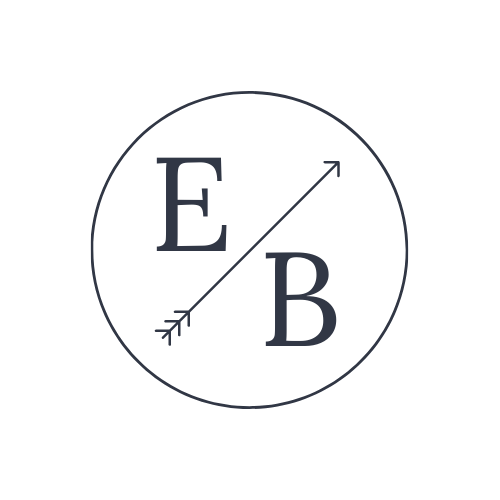“Our controversial claim is that if you want to change the world, build a group of friends with a common goal.”
— Flourish Together
An Excerpt from Chapter 1:
The English-speaking world has two models for ending slavery. The first is war. The second is networks.
The American experience—the “mighty scourge of war,” in Lincoln’s phrase—needs no elaboration and throws the British experience into sharp relief. The British abolished the slave trade in their territories not by war or at the hands of a great man, but because a network of influential individuals worked together across society. The primary catalyst of change was not William Wilberforce. Rather, it was the Clapham Circle: a dense network of like-minded friends—men and women, black and white, poets and politicians, clergy and laity—who came together to serve the common good. The group was knit together by a common cause, a common faith, multiple marriages among members, and a shared geography in Clapham, London. Together, they fought a decades-long battle against the slave trade in the court of public opinion and in Parliament. Bestselling author Eric Metaxas concludes, “It’s no exaggeration to say that over the course of a few decades [the Clapham Circle network] . . . changed the world forever.”
TWO THEORIES OF CULTURAL CHANGE
Americans like to tell themselves a story about how cultures change: the “bottom up” method. This view holds that culture is the accumulation of values held by the majority of people. In this view, a culture is only as good or bad as the choices of normal people going about their lives. It draws on the image of a free market; ideas and behaviors win in the marketplace of an infinite number of distributed decisions, all adding up to what we call “culture.” According to this view, if you want to change culture, you need to change the hearts and minds of the majority of people, and the culture will shift as a result. Although this view is comfortingly democratic, it is flawed.
This view does not take into account the fact that powerful minorities have the power to shift the views of the majority. If culture were truly democratic, then you would expect the power of any minority—whoever it might be— to be minute. It is not.
Political scientist Byron Shafer says, “No issue, not even a grand issue ‘whose time has come’ can triumph without the support of some organized group or groups to serve as carrier(s). An individual or a small set of individuals can argue the attractiveness of an issue. But a larger network of elite actors must press it forward.” This view—we call it the “network theory of change”—assigns roles not only to ideas, but also to the networks that carry them.
…
The power of networks can also be seen in academia. In his masterful The Sociology of Philosophies, Harvard sociologist Randall Collins argues: “In a very strong sense, networks are the actors on the intellectual stage.” Collins contends that to understand how ideas change, you have to look at how generations of academics learn from and compete with each other. He traces chains of academic apprenticeships, acerbic rivalries, and correspondence relationships and their role in shaping the landscape of ideas. Collins is not using academic abstraction when he talks about networks: he means “groups of friends, discussion partners, close-knit circles.” In other words, even in the cloistered world of philosophy, the key driver is not the truthfulness of ideas, but networks of friends.
We can also see the importance of networks as tools of political change in Teneo ally Niall Ferguson’s study of Henry Kissinger in The Square and the Tower. It was not simply Kissinger’s close relationship to President Richard Nixon or his flair for bureaucratic infighting that made him one of the most influential foreign policymakers in American history. Ferguson highlights the “most distinctive feature” of Kissinger’s style:
Kissinger from the outset devoted considerable energy to building a network that extended horizontally in all directions beyond the Washington Beltway: to the press and even the entertainment industry inside the United States and, perhaps more importantly, to key foreign governments through a variety of ‘back channels’.
Just one of these connections—to Antonin Snejdarek, a former Czech intelligence official— yielded the idea for one of the greatest coups in American diplomacy: the opening to China. Ferguson concludes: “Often the biggest changes in history are the achievements of thinly documented, informally organized groups.”
